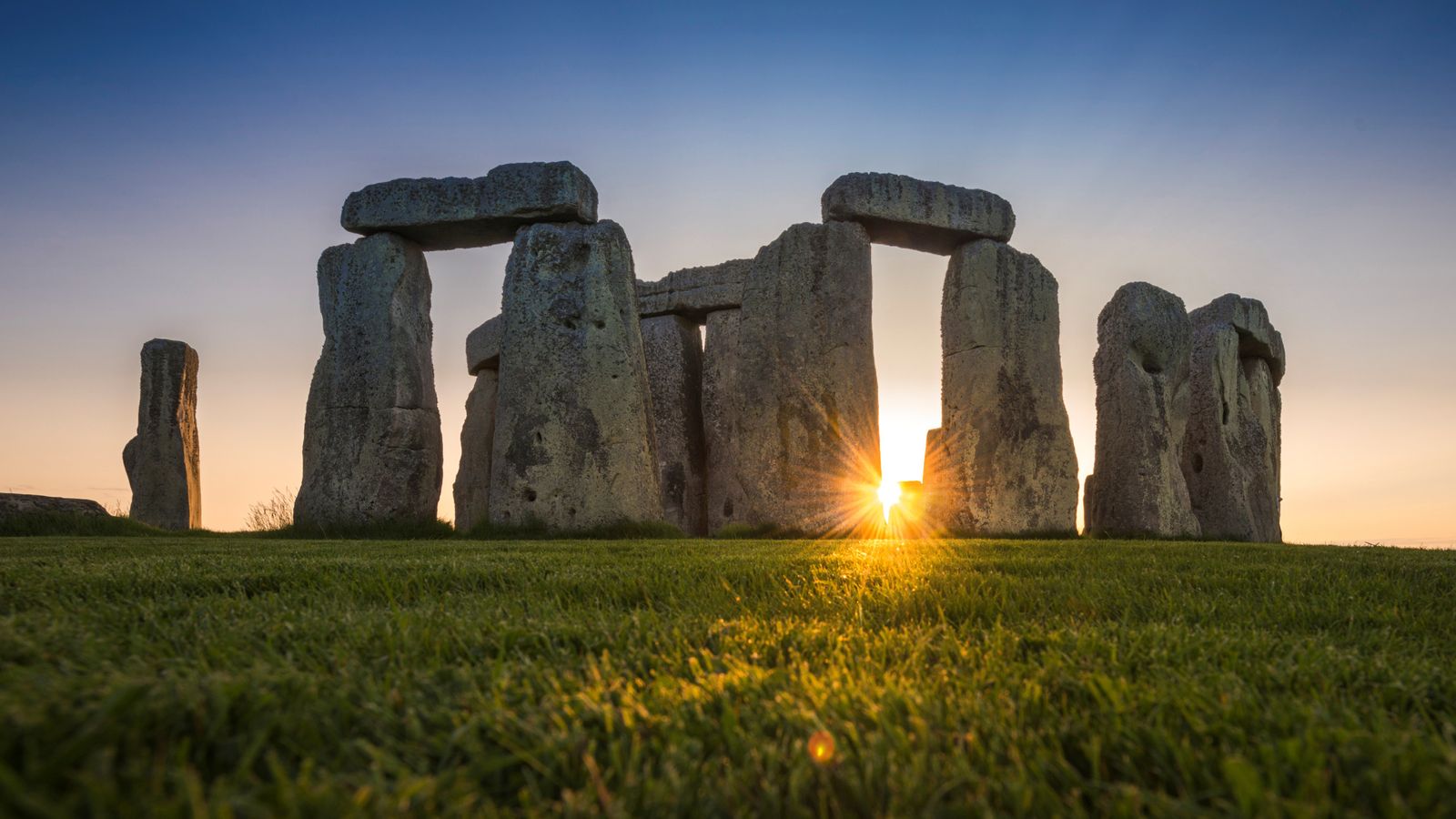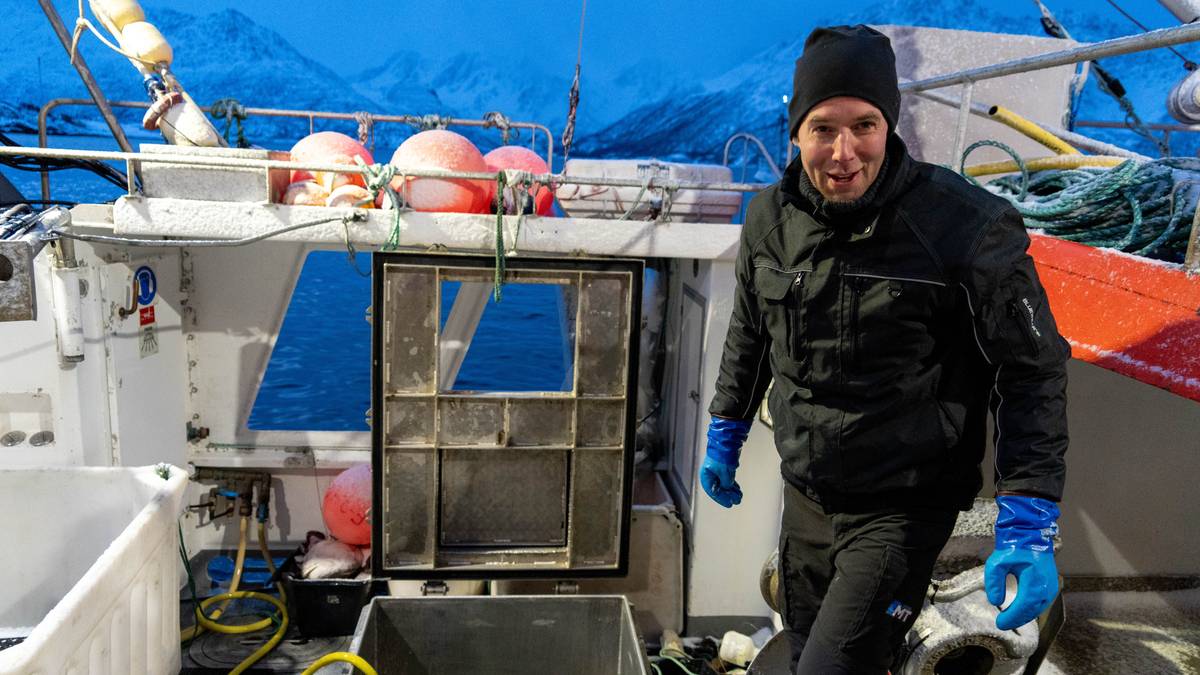A Scottish and Irish rock formation dating back hundreds of millions of years could be evidence of what scientists call snowball Earth, a new study says.
The snowball Earth theory proposes that the planet's oceans and land were covered by ice during at least two extreme cooling events between 2.4 billion and 580 million years ago.
These are speculated to have sparked the development of life on Earth - and now researchers believe the Port Askaig Formation in Scotland and Ireland was likely to have been laid down between 662 and 720 million years ago, during such an extreme cooling event.
Scientists point to a section of exposed rock on the Scottish islands called the Garvellachs, which they say shows the transition into snowball Earth from a previously warm and tropical environment.
Elias Rugen, study co-author and a PhD candidate at UCL Earth Sciences, said their research on the rock formation marks "the first conclusive age constraints for these Scottish and Irish rocks, confirming their global significance".
He explained most areas of the world are missing the layers in the rocks which record a tropical environment and mark the transition, because the ancient glaciers scraped and eroded away the rocks underneath.
"But in Scotland by some miracle the transition can be seen," Mr Rugen said.
Read more on Sky News:
How climate change is driving Greece's extreme fires
Black box recording 'shows co-pilot's words before crash'

Follow Sky News on WhatsApp
Keep up with all the latest news from the UK and around the world by following Sky News
For the new study, the research team analysed samples of sandstone from Port Askaig Formation as well as from the older, 70m-thick Garbh Eileach Formation underneath.
The researchers said the new age constraints for the rocks may provide the evidence needed for the site to be declared as a marker for the start of the Cryogenian Period - which scientists believe was when the development of complex life on Earth started.
Senior author Professor Graham Shields, of University College London (UCL) Earth Sciences, said: "These rocks record a time when Earth was covered in ice.
"All complex, multicellular life, such as animals, arose out of this deep freeze, with the first evidence in the fossil record appearing shortly after the planet thawed."
The study was published in the Journal of the Geological Society of London.

 4 months ago
40
4 months ago
40























 English (US)
English (US)